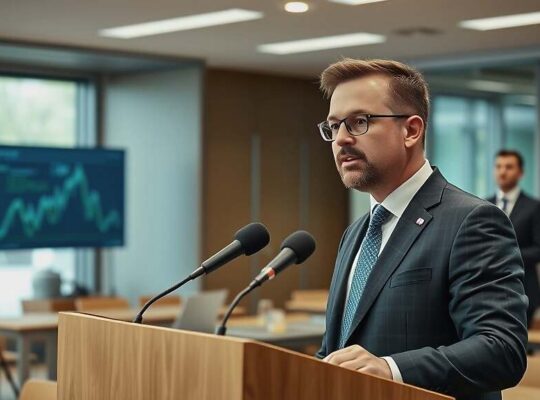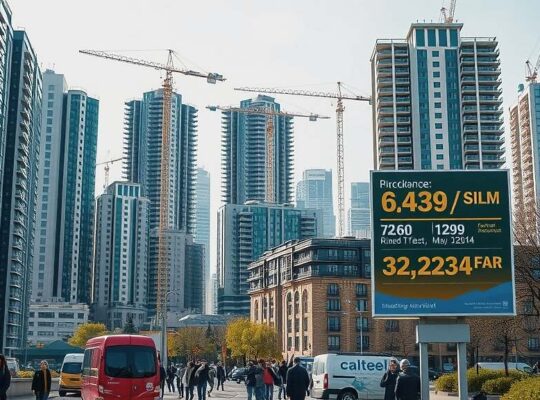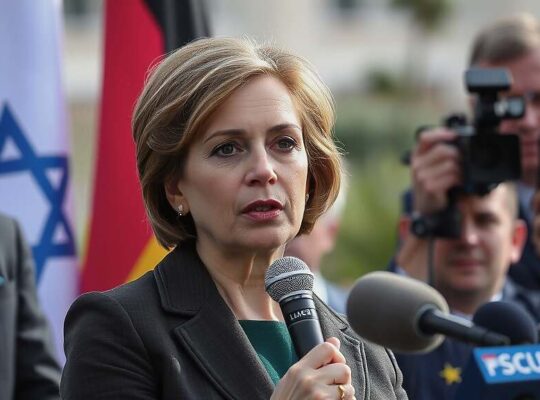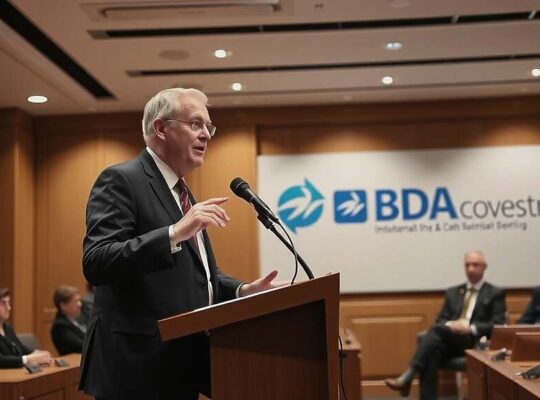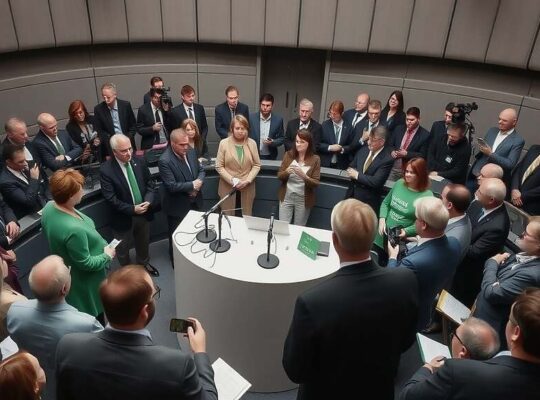A growing chorus of voices within Germany’s governing CDU/CSU bloc are advocating for the revocation of temporary protection status granted to Syrian refugees, signaling a potential shift in Berlin’s approach to migration policy and raising concerns about the fate of tens of thousands of individuals. The calls, spearheaded by prominent figures like Günter Krings, CDU/CSU’s parliamentary group deputy leader and Manuel Hagel, future Minister President of Baden-Württemberg, represent a hardening stance fueled by arguments concerning Syria’s reconstruction needs and a reassessment of the criteria for permanent residency.
Krings’ assertion that the end of the Syrian civil war effectively nullifies the justification for continued temporary protection is drawing significant attention. He insists that those who have resided in Germany for up to a decade, failing to meet fundamental requirements for permanent residency or citizenship, should be compelled to return to Syria. “Those dependent on social welfare should not realistically expect to remain in Germany” he stated, underscoring a perceived disconnect between migrant integration and reliance on state support.
Hagel, positioning himself as a champion of Syrian reconstruction, echoed this sentiment, framing the issue as a moral imperative. He draws a parallel between Germany’s post-World War II rebuilding efforts and the current circumstances facing Syria, arguing that German citizens have a responsibility to support the nation’s recovery. He directly linked the revocation of protection status to securing international aid, suggesting that continued residency is contingent upon active participation in rebuilding Syria.
The argument that humanitarian protection is not a permanent right – a point forcefully emphasized by Hagel – directly challenges the established legal framework guiding Syrian refugees’ status in Germany. Critics argue that this move disregards the ongoing instability in many parts of Syria and the very real dangers faced by returnees, potentially exposing vulnerable populations to significant risk. The proposed shift ignites debate concerning the political calculations behind prioritizing reconstruction over the protection of human rights and raises questions about the efficacy and ethical implications of placing pressure on Syrian refugees to return to a nation still grappling with significant challenges. Analyzing the motivations and potential consequences of such a policy reveals a complex interplay of domestic political considerations, economic anxieties and the shifting landscape of international humanitarian obligations.




